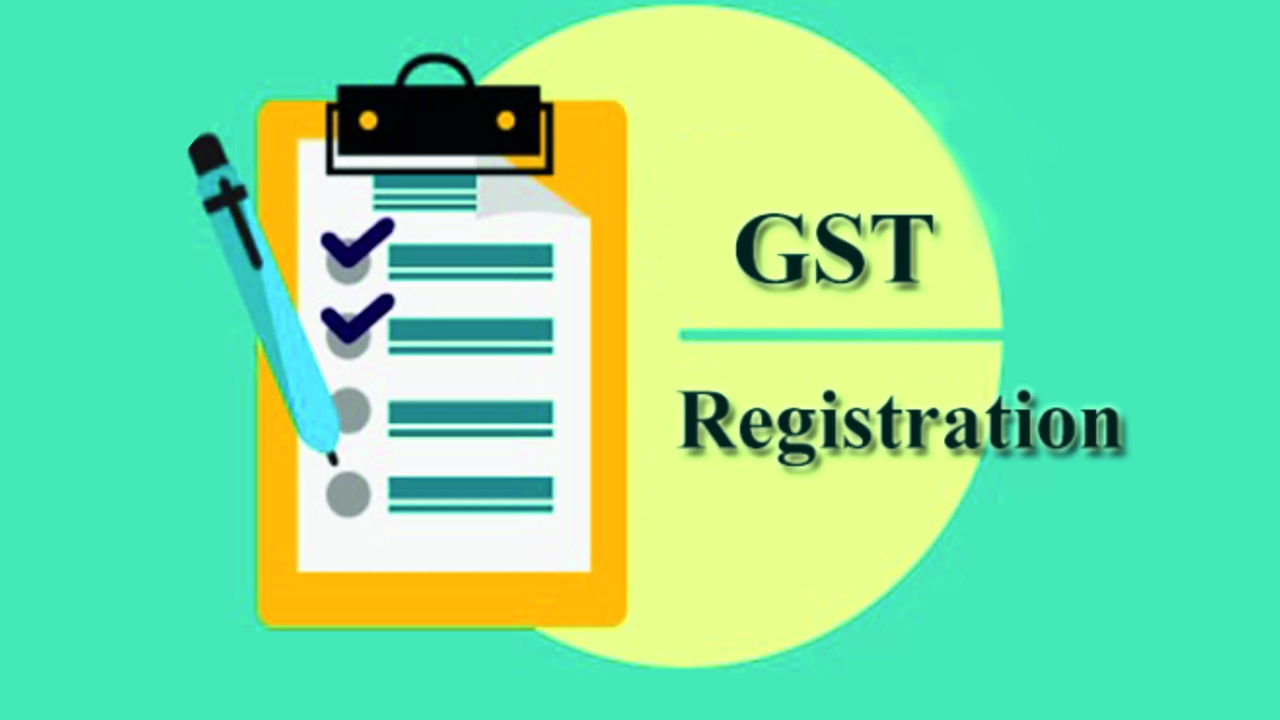 English
English

Will India’s new GST registration reforms make life easier for small businesses and public sector entities? Finance Minister Nirmala Sitharaman unveils the simplified process promising approvals within three working days.

Simplified GST registration starts Nov 1 for small businesses and public sector entities.
New Delhi: Union Finance Minister Nirmala Sitharaman announced that starting November 1, a streamlined Goods and Services Tax (GST) registration process will be implemented for small, low-risk businesses and public sector entities. Approvals under the new scheme are expected to be completed within three working days, a move aimed at reducing bureaucratic delays and making compliance easier for taxpayers.
During the inauguration of the new Central GST (CGST) building in Ghaziabad, Uttar Pradesh, the Finance Minister highlighted the Central Board of Indirect Taxes and Customs’ (CBIC) efforts in advancing next-generation GST reforms. “CBIC worked hard to deliver these reforms before Navratri,” she said, emphasizing the importance of process simplification, clear classification, and correcting inverted duty structures. Sitharaman described these initiatives as transformative for the next 100 years.
The Minister cited Confederation of All India Traders (CAIT) data, noting that this year’s Diwali sales reached Rs 6.05 lakh crore, a 25% increase over last year. Of this, Rs 5.4 lakh crore was spent on goods, while Rs 65,000 crore went to services. She also highlighted that 87% of goods sold were made in India, and e-commerce recorded a 24% year-on-year growth. Sitharaman attributed this surge to the reduction in GST rates, underscoring the positive impact of tax reforms on consumption.
Banking nominee rules to change from 1 November; Here’s what you need to know
Sitharaman stressed that technology should ease the taxpayer burden, stating, “Taxpayers must not do the heavy lifting.” She urged officials to improve services at GST Seva Kendras, set up dedicated grievance redressal teams, and systematically map recurring issues to prevent delays. On disciplinary matters, she emphasized swift investigations against erring officials to maintain transparency and integrity.

CBIC to focus on next-gen reforms, tackling fake invoices and wrongful ITC claims.
Addressing the misuse of GST provisions, the Finance Minister urged the use of technology to detect wrongful input tax credit claims and fake invoices. She warned that a few “black sheep” within CBIC were tarnishing the organization’s reputation and called for proactive problem-solving without waiting for explicit guidelines.
Sitharaman highlighted that next-generation reforms should make taxpayers feel respected, not scrutinized, urging officials to shed pre-GST mindsets. By leveraging technology, streamlining processes, and ensuring integrity, the government aims to create a transparent and taxpayer-friendly system in line with the vision for India’s 100th year of independence.
Starting November 1, small and low-risk businesses will benefit from a drastically simplified GST registration process. Approvals will be granted within just three working days, cutting down the lengthy bureaucratic delays that previously burdened new and existing taxpayers. The reform also emphasizes the use of technology to streamline applications, reduce paperwork, and make compliance less cumbersome. Additionally, CBIC plans to set up dedicated grievance redressal teams to quickly address issues, ensuring small businesses can focus more on operations rather than tax procedures. Overall, the changes aim to make GST registration faster, more transparent, and less intimidating for small enterprises.
No related posts found.